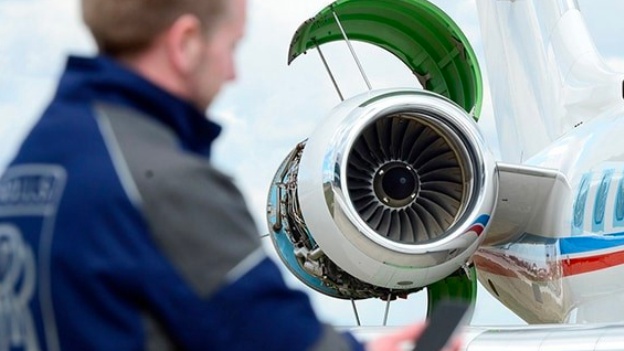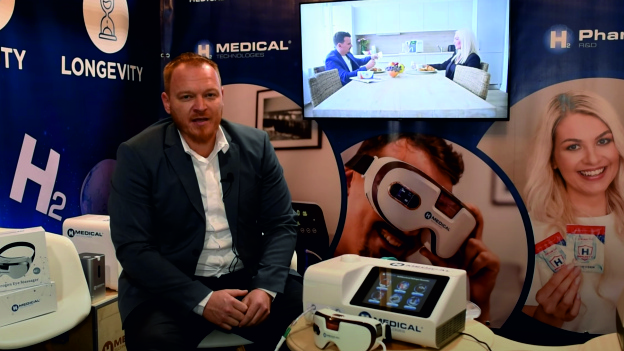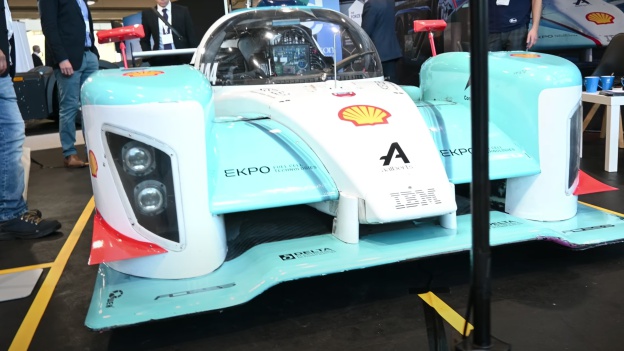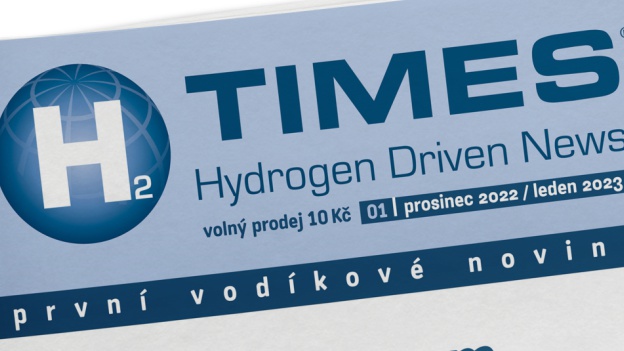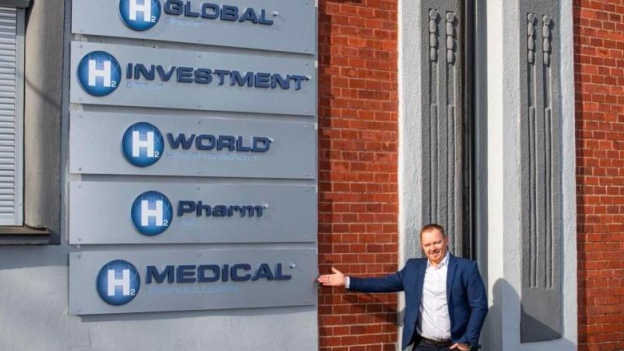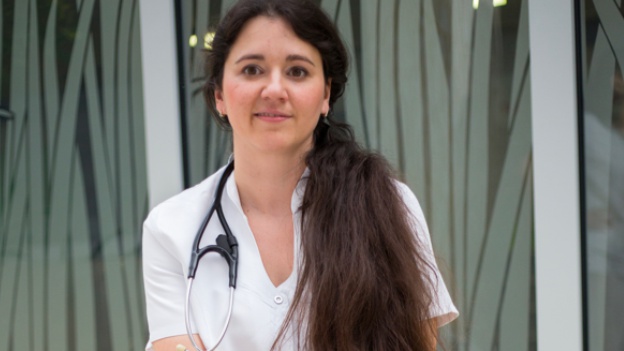An innovative approach to producing advanced biofuels that respond to global demand for sustainable energy and reduce dependence on fossil fuels is to be the result of a prestigious European project, GlaS-A-Fuels. The aim is, among other things, to make hydrogen production more efficient as a green fuel.
The European Innovation Council has supported the project with EUR 800 000. In addition to teams from Germany, Italy and Greece, scientists from the Materials-Envi Lab at the Centre for Energy and Environmental Technologies at the University of Applied Sciences and Technology are also one of the project partners.
The research will involve an international team including experts from various fields including chemistry, physics, materials science, catalysis and laser technology. The main goal of the project is to use technology that converts waste bio-oil (bioethanol) into advanced biofuels such as butanol and hydrogen. These biofuels have a high energy content and are compatible with current engines and fuel distribution infrastructure.
Scientists will use solar radiation
„To convert biofuel into butanol and hydrogen, we will use solar radiation as a source of energy and atomic catalysts to allow the chemical reaction to be accelerated and controlled. The innovation also involves the design of a photonic glass reactor that uses light and a thermoelectric module to increase the efficiency of the bioethanol conversion. These major innovations will significantly increase the selectivity of bioethanol conversion and increase the production of hydrogen as a green fuel. It is the low selectivity and the formation of unwanted intermediates or by-products that is one of the biggest problems of current production technologies,” explained Aristeidis Bakandritsos, the leader of the research team from the University of Science and Technology of Athens.
The photocatalysts used so far do not yet show sufficient selectivity and efficiency for the conversion of bioliquid to butanol and hydrogen. Scientists involved in the GlaS-A-Fuels project will use recyclable and efficient atomic catalysts made from commonly available elements to convert bioethanol.
Experts from VŠB-TUO will also be involved
„Our role will be primarily in the development of our own catalysts, where we want to use our experience in graphene chemistry and atomic engineering. The aim is to replace precious metals such as gold or platinum, to maximise the use of solar energy and to efficiently drive the chemical process towards the key energy products hydrogen and butanol. We will also look at optimising the production of catalysts on a semi-operational scale and technological solutions for their recycling,” said Radek Zbořil, another team member and head of the Materials-Envi Lab.
The GlaS-A-Fuels project will run until August 2027 and is coordinated by experts from the Institute of Chemical Engineering Sciences (ICE-HT), one of the founding institutes of the Greek FORTH (Foundation for Research and Technology, Hellas) research network. Together with VŠB-TUO, the partners also include colleagues from the University of Trieste in Italy, the Leibniz Institute for Polymer Research in Dresden and the Core Kentro Kainotomias Amke research institute in Greece.
Source - https://ceet.vsb.cz/
photo - source - https://ceet.vsb.cz/














